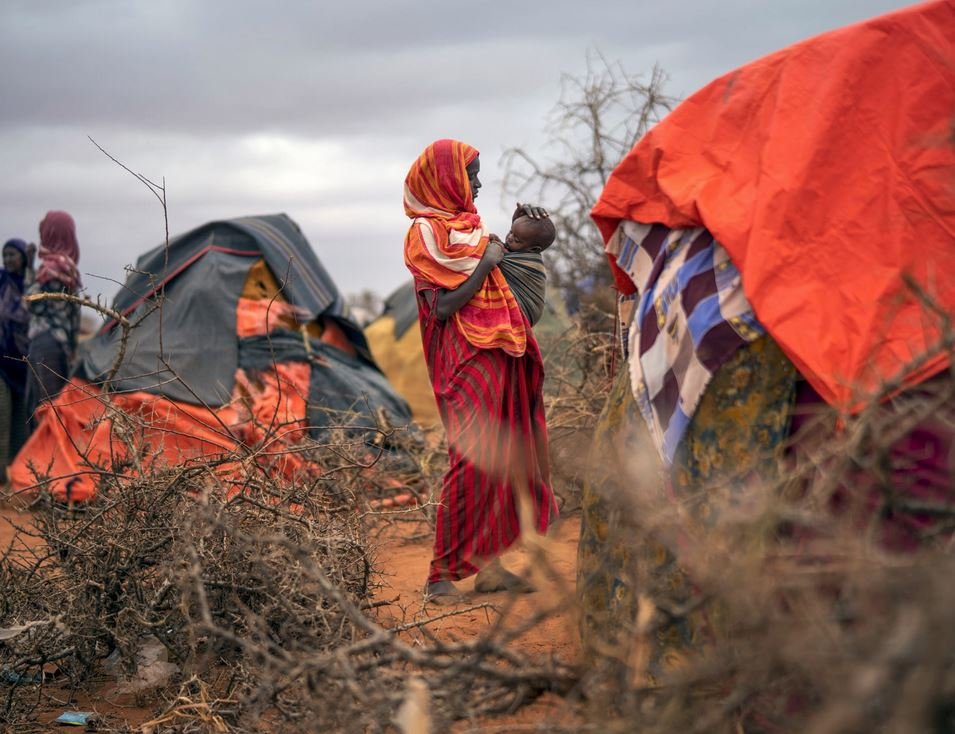By Tiamiyu Prudence Arobani
Some of the most widespread and damaging drought events in recorded history globally have occurred in recent years due to climate change and resource depletion.
This is a new report from the UN Convention to Combat Desertification (UNCCD), the U.S. National Drought Mitigation Center (NDMC) and the International Drought Resilience Alliance on the global impacts of droughts from 2023 to 2025.
“Drought is a silent killer. It creeps in, drains resources, and devastates lives in slow motion. Its scars run deep,” UNCCD Executive Secretary Ibrahim Thiaw, said.
Dr Mark Svoboda, report co-author and NDMC Director also said “This is not a dry spell. This is a slow-moving global catastrophe, the worst I’ve ever seen.
“This report underscores the need for systematic monitoring of how drought affects lives, livelihoods, and the health of the ecosystems that we all depend on”.
According to the report, as 90 million people face acute hunger across Eastern and Southern Africa, some areas in the region have been experiencing the worst drought ever recorded.
In Ethiopia, Zimbabwe, Zambia and Malawi, maize and wheat crops have suffered repeated failures.
In Zimbabwe in particular, the 2024 corn crop was down 70 per cent year-on-year, maize prices doubled, and 9,000 cattle died of thirst and starvation.
Some 43,000 people in Somalia died in 2022 alone due to drought-linked hunger.
The crisis continued through 2025, with a quarter of the population facing crisis-level food insecurity at the beginning of the year.
As a result of drought, Zambia is suffering one of the world’s worst energy crises, the report said.
In April, the Zambezi River plummeted to 20 per cent of its long-term average and the country’s largest hydroelectric plant, the Kariba Dam, fell to seven per cent generation capacity.
This has caused electricity blackouts of up to 21 hours a day.
This has also led to the shutting of hospitals, bakeries and factories, further compounding the devastation.
The report listed several recommendations to help combat this crisis, including stronger early warning systems and real-time drought and drought impact monitoring.
The others are nature-based solutions such as watershed restoration and indigenous crop use.
It also called for more resilient infrastructure, including off-grid energy and alternative water supply systems, and global cooperation, particularly regarding transboundary river basins and trade routes.
Follow us on all social media platforms @dailyquery for news and analyses around the globe.



























